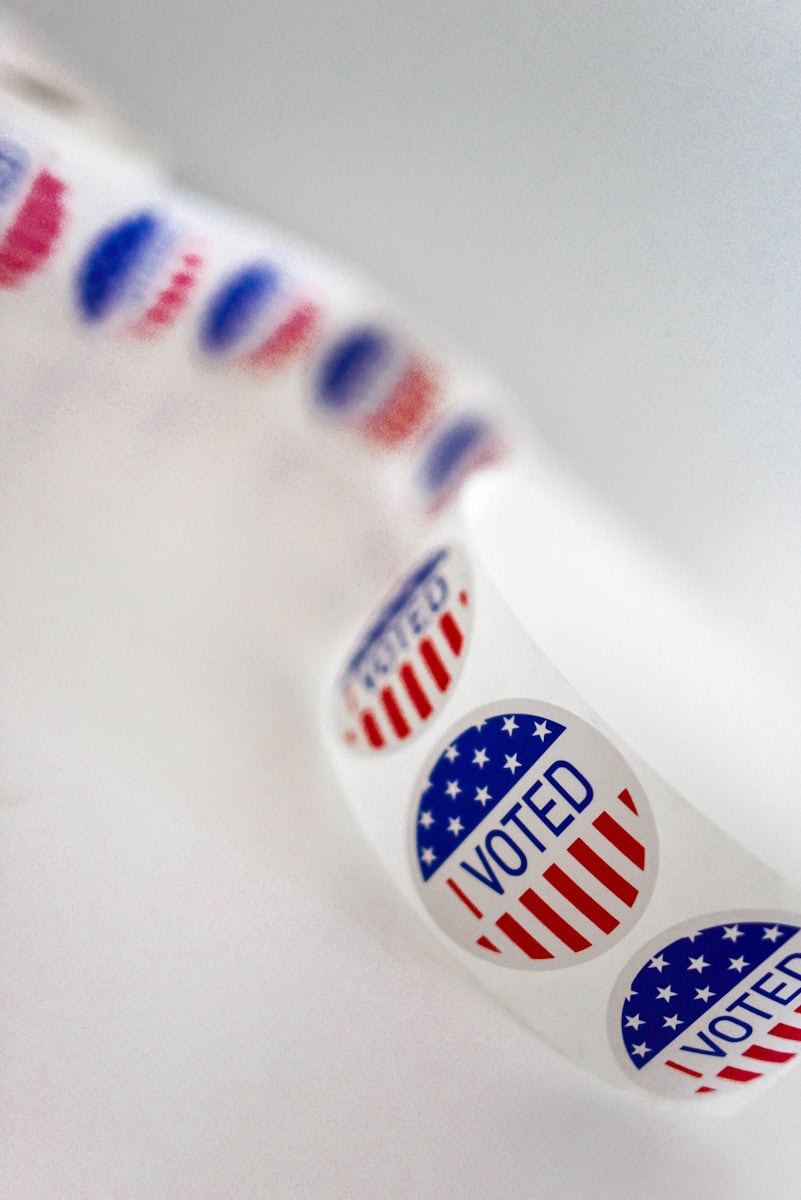Military service has a lasting impact on individuals’ values and beliefs, significantly shaping how they view conditions like accountability. Specifically, military service makes individuals accustomed to being held accountable and holding others accountable for actions and outcomes.
As it turns out, those ingrained values may be exactly what makes military directors ideal board members — particularly when it comes to holding executives accountable for poor firm performance.
New research published in the Strategic Management Journal found that when outside directors with military backgrounds are on a company’s board of directors, it increases the likelihood of CEO dismissal under low-performance conditions. Researchers Stevo Pavićević of Frankfurt School of Finance and Management in Germany and Thomas Keil of University of Zurich previously embarked on a broader project that looked at director backgrounds and their potential impact on board decisions, especially on CEO dismissal. When they looked at detailed directors’ profiles, they found a substantial number with military service — and in a wide range of industries. This observation inspired them to explore the effects these directors might have on board decisions.
The researchers were particularly curious to know whether the presence of military directors on a board increases the likelihood of CEO dismissal following poor firm performance. Understanding prior research on how military service affects an individual’s approach to accountability, the team hypothesized that these directors might approach executive accountability differently than their peers.
Pavićević and Keil looked at director profiles and CEO dismissals across 865 public firms in the U.S. between 2010 and 2020. In addition to their data collection and analysis, they also conducted interviews with military directors serving on the boards of firms. From those interviews, they learned how military directors impressed their values on other board members — as well as what obstacles they still confront when trying to hold executives accountable.
“We frequently heard about the challenges of holding CEOs accountable for poor firm performance when they (CEOs) also serve as board chairs, given the immense power these CEOs hold,” Pavićević says. “Inspired by insights from these interviews, we revisited our data to test this proposition empirically. Our analysis confirmed that, even with military directors present, boards struggle to hold CEO-chairs accountable for poor performance. In other words, CEO duality acts as a boundary condition limiting the influence of military directors on CEO dismissals.”
While military directors have less influence on CEO dismissal when the CEO also serves as the board chair, the researchers did find that military directors’ impact on CEO dismissal becomes more pronounced when these directors also serve on the board’s nominating committee.
“A key takeaway from our study is that boards aiming to strengthen CEO accountability should consider not only the backgrounds of individual directors, but also the broader composition and structure of the board,” Pavićević says.
The researchers concluded that military directors are more inclined to attribute performance shortfalls to the CEO and advocate for more rigorous CEO accountability, resulting in CEO dismissal. Boards may benefit from hiring directors with a military background to promote accountability — but firm context also matters.



